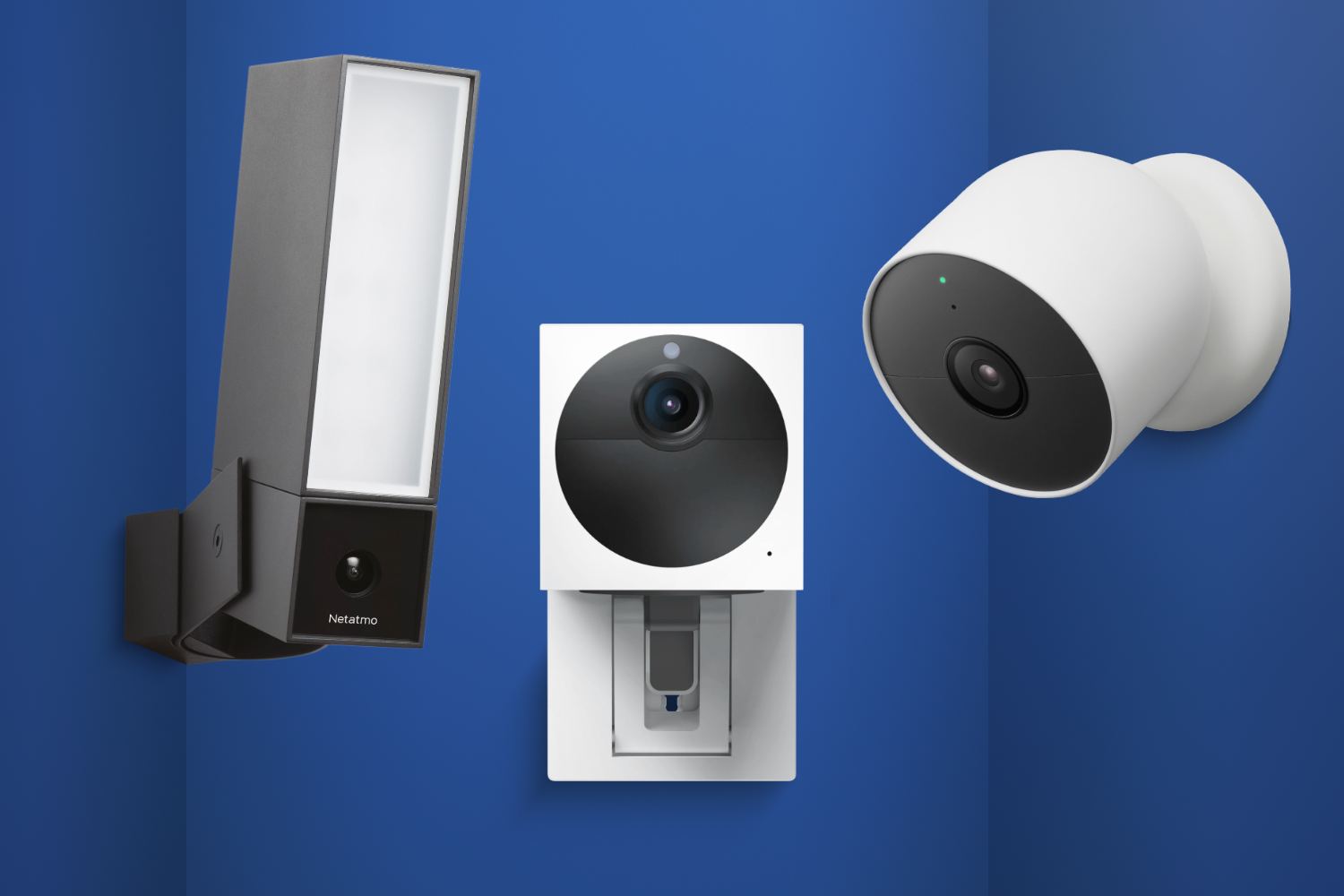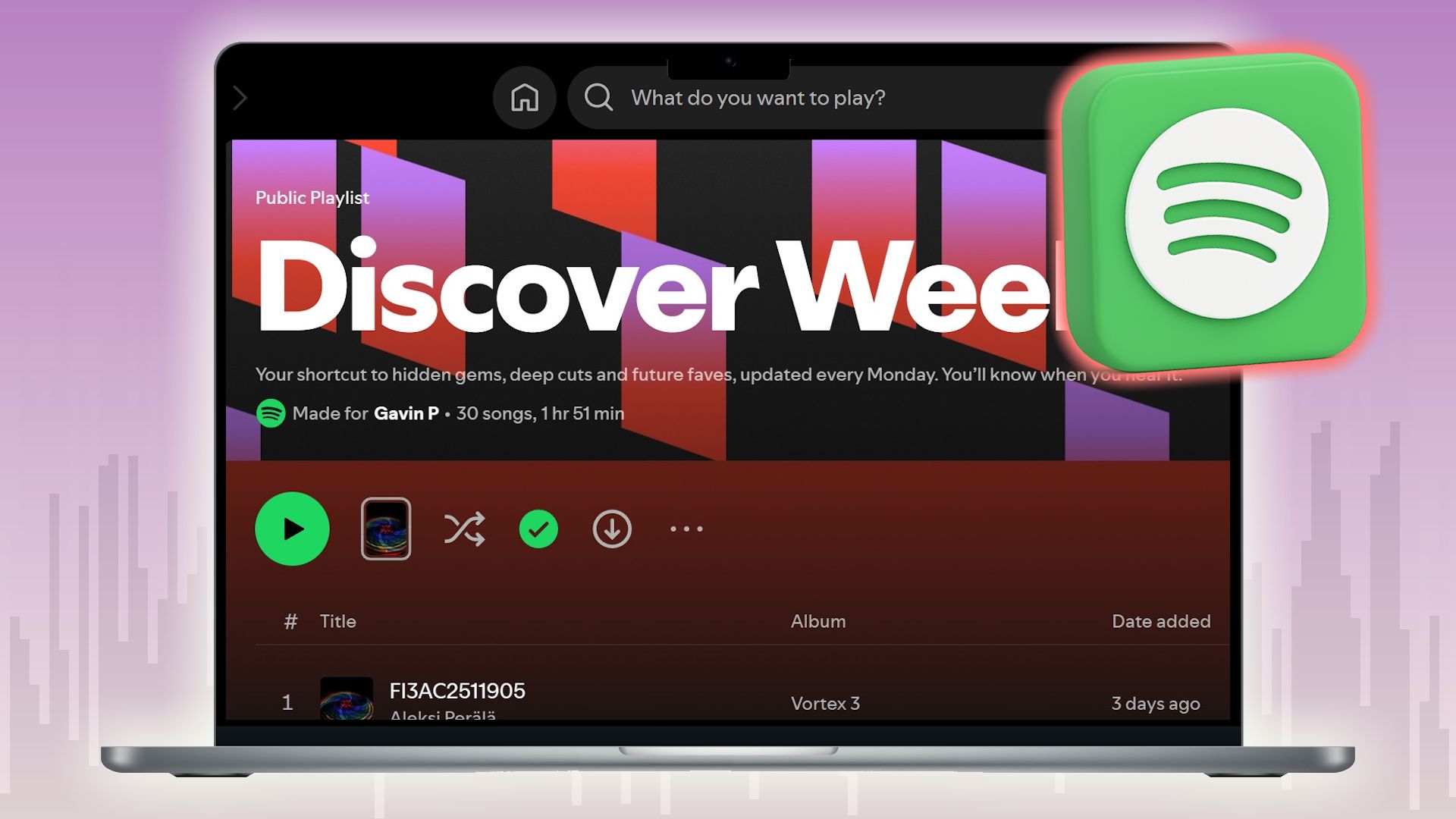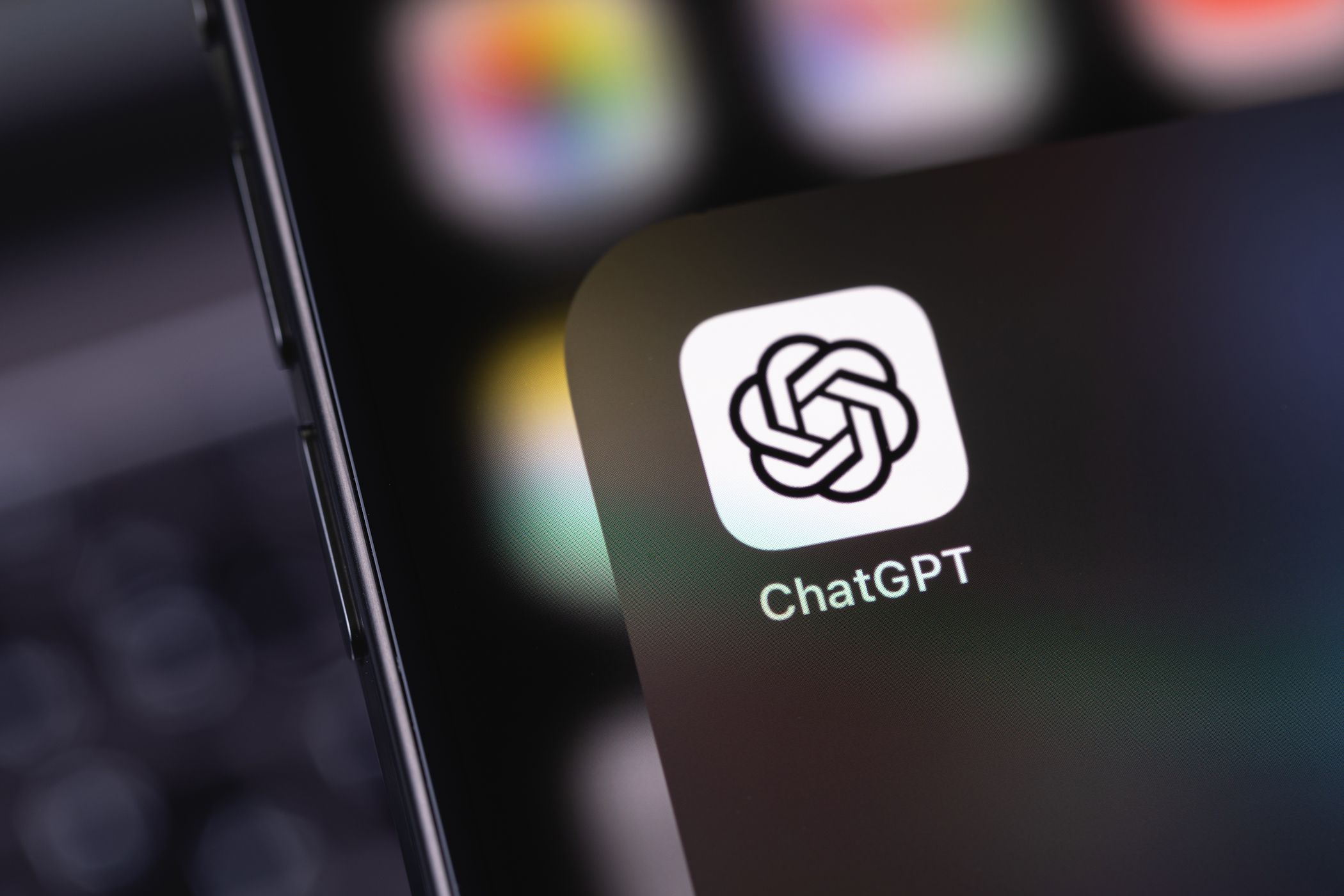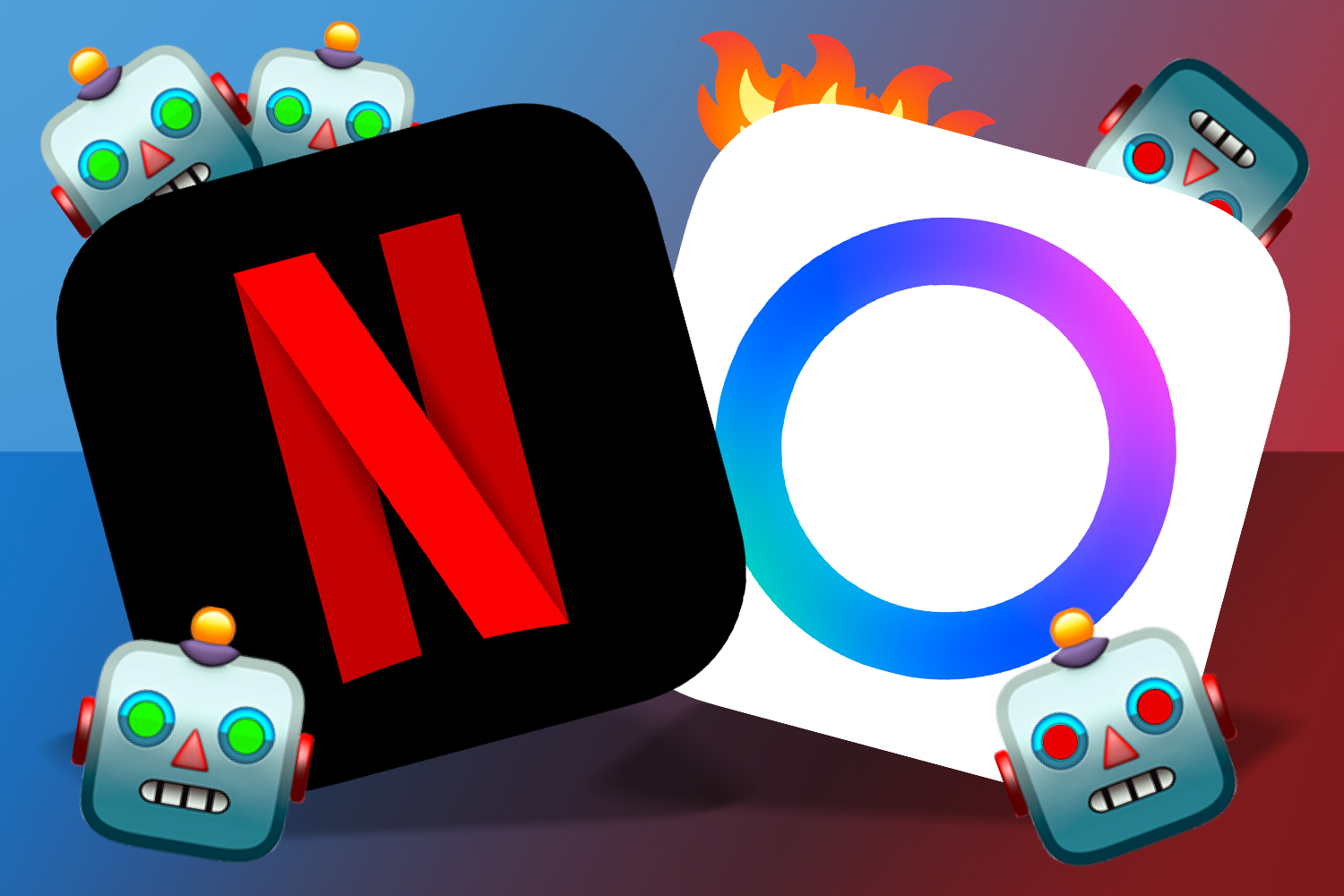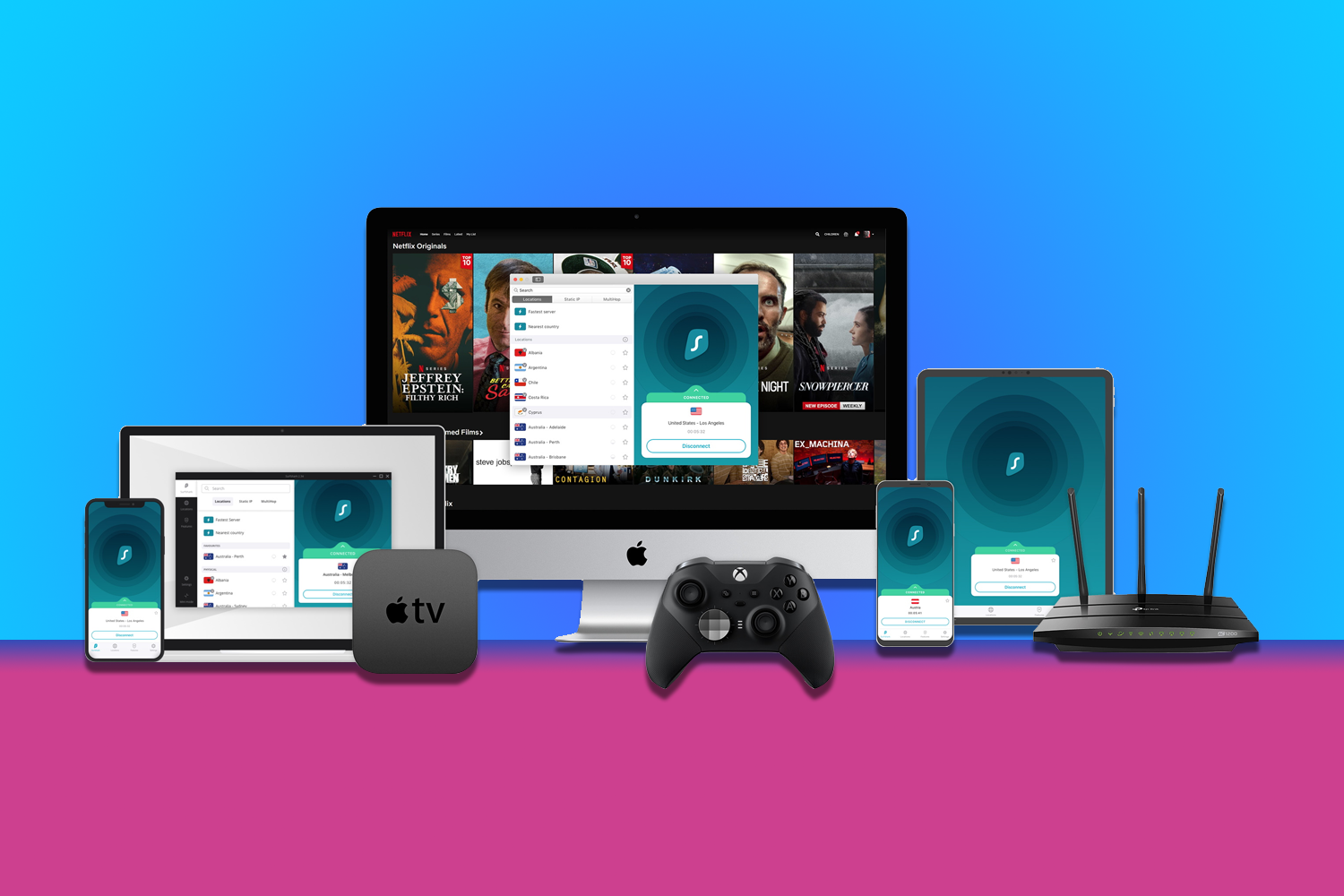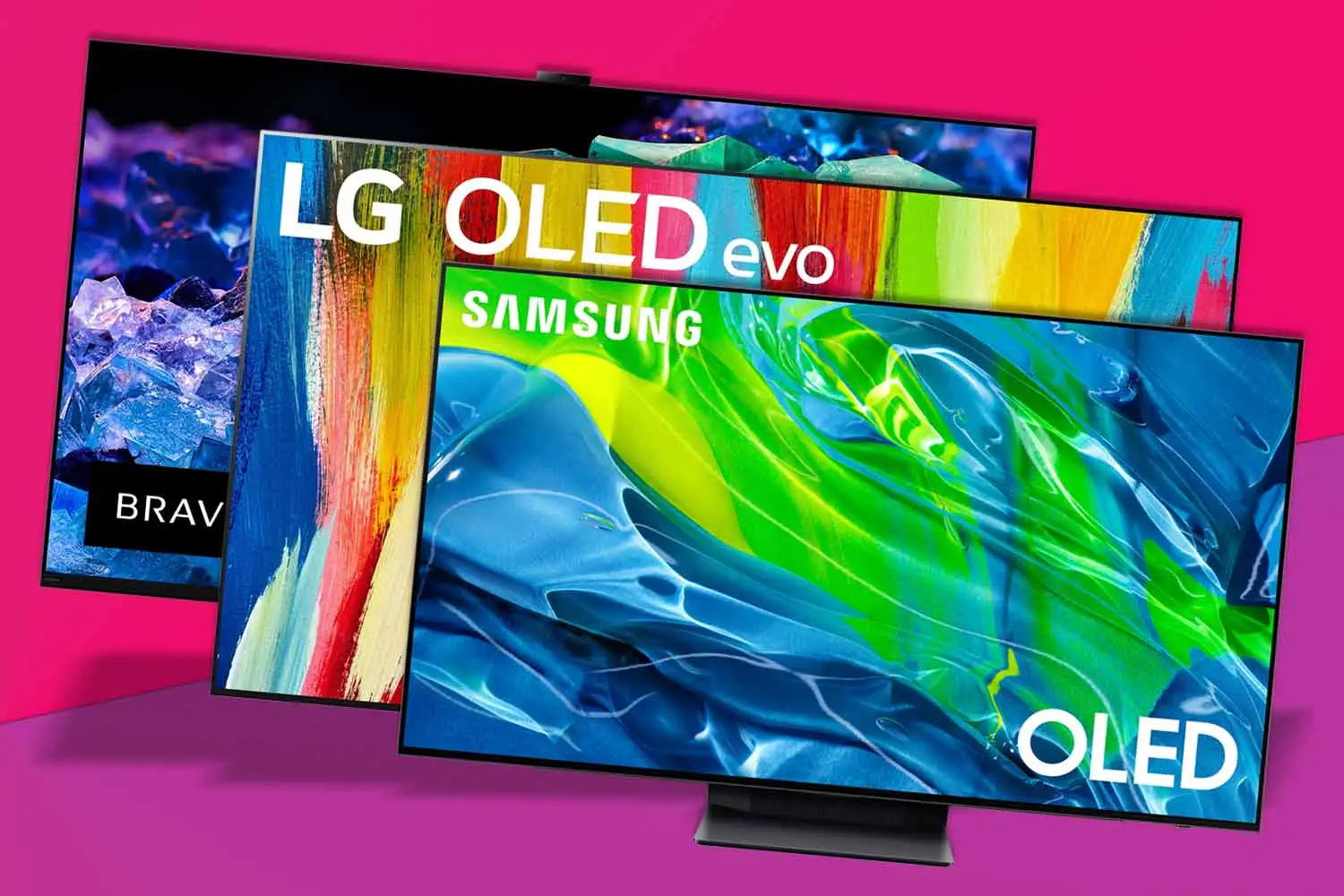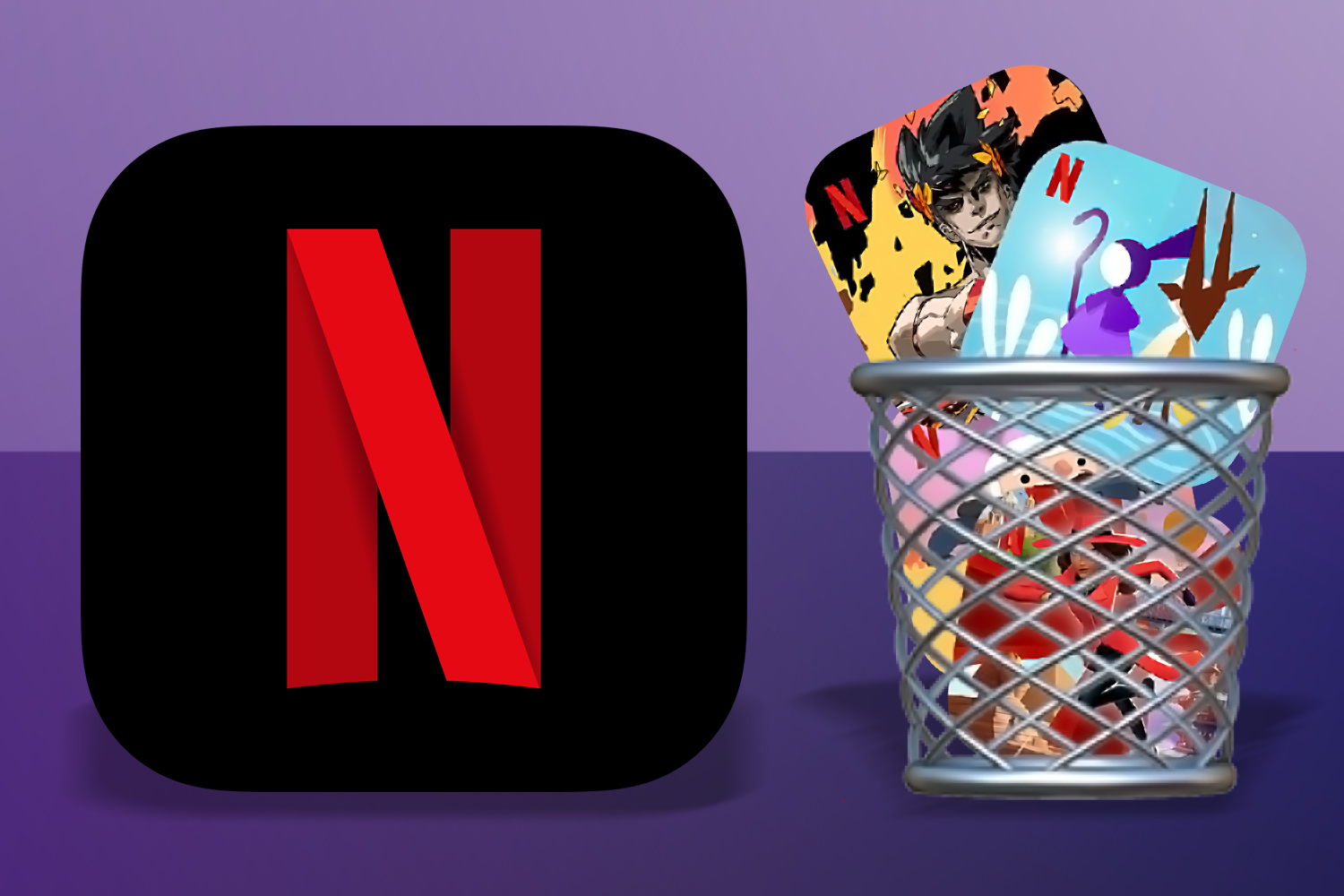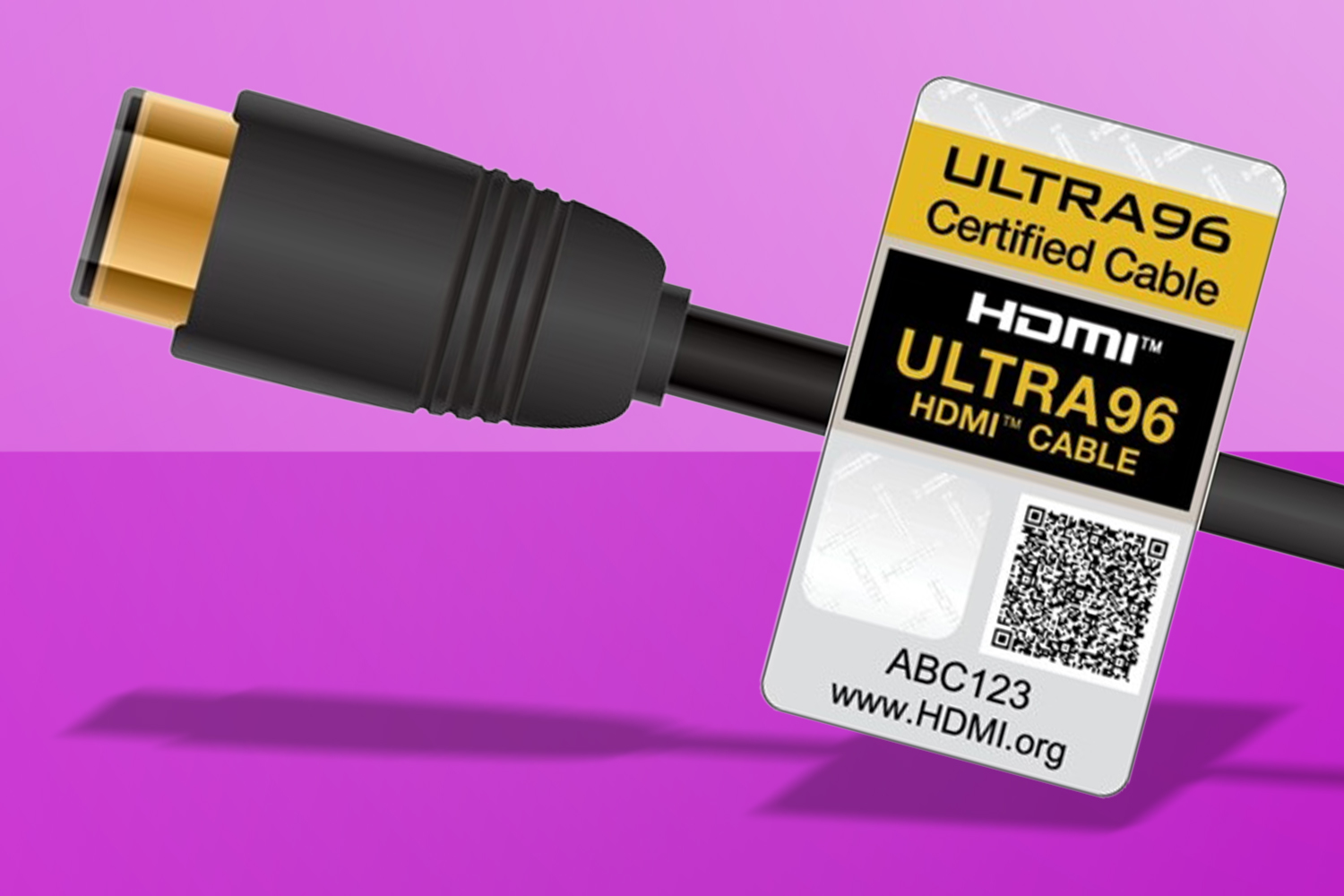AI is terrible. AI will improve our future. Whether you love or hate AI, holding both those thoughts in your head at the same time might make it hurt. But you should. Because last week, two industry giants perfectly demonstrated how both statements can be true. Yes, AI can be a menace and a boon – it all depends on how it’s being used. Right now, Netflix and Meta are using AI in very different ways. One is solving problems. The other is inviting us to stare into the abyss.
Netflix first. Its plans have – for now – even convinced an AI sceptic like me. That’s because Netflix is trying to solve real problems. The company will soon start exploring generative AI search, which means you’ll be able to search for things to watch using conversational phrasing. And it’s reworking its interface, enabling it to update on-the-fly, based on your activity.
What Netflix is not doing: obnoxiously shoehorning AI into your life at every waking moment, for no good reason. It’s not a hideous 2020s reboot of Clippy: “Hey, you look like you’re searching! AI CAN BROWSE FOR YOU. Go away, human. YOU ARE NO LONGER REQUIRED.” Etc. It’s just quietly sliding tools into place, making a service work better. You know, like software is supposed to do.
Granted, I’ll be singing a different tune should Netflix one day swap out film and TV show thumbnails with AI-generated slop. And I did grumble at reports that Bandersnatch is getting the boot because it’s not compatible with this partly AI-powered redesign. That said, Black Mirror creator Charlie Brooker would probably think the removal from Netflix of an old episode due to the march of technology is both weirdly appropriate and really funny.
Met-ARGH AI
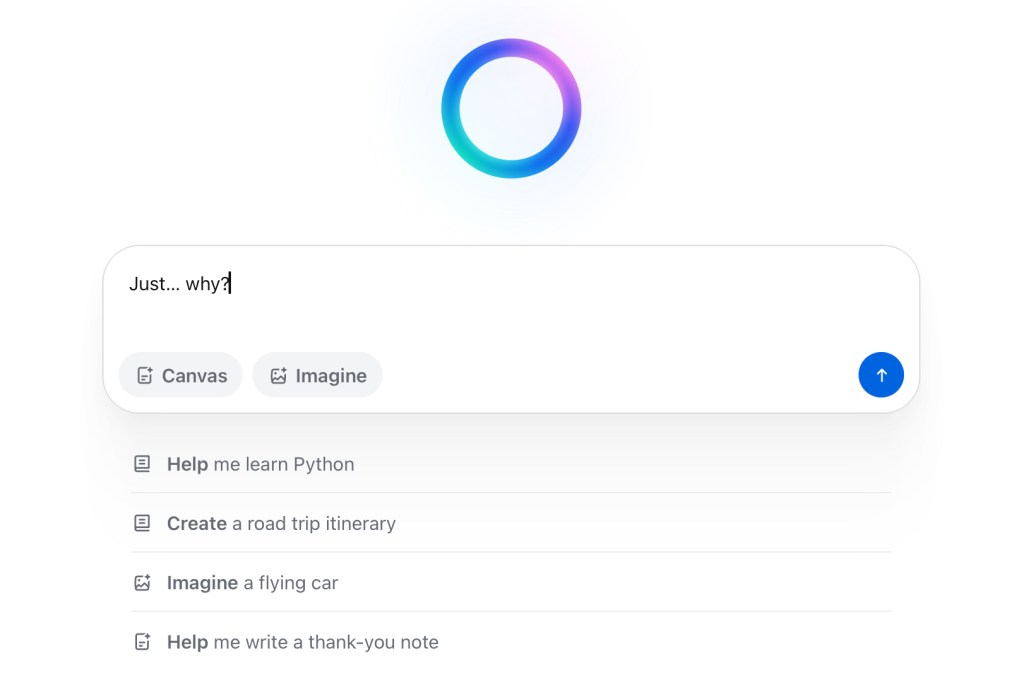
Meanwhile, Meta has taken the opposite approach with its shiny new standalone app and website. I spent some time on Meta.ai so that you don’t have to. You can thank me later, because what I found there wasn’t so much an aid to humanity as a doomscroll of the worst of AI, all packed into a single, convenient scrolling feed.
It’s full of anodyne 3D art with a plastic sheen and a questionable grasp of anatomy. Modern art clones that would have led Van Gogh to stab their creators with his brush. So. Many. Candy. Bedrooms. Why? And throughout, a creeping sense people are increasingly getting a warped sense of creativity, since they can get a visual approximation of what’s in their heads with zero effort. But the results are mostly mesmerising purely in their mediocrity.
Woven between the art vomit are AI chats, which equally mix confidence and hallucinations. A genuine highlight: answering ‘best questions to ask on a fifth date’ with ‘What do you like to do on a typical weekend?’ I’ve not been in the dating game for a long while, but this strikes me as… not good for date five? Most baffling of all, you have to make an extra effort to post any of this on the public feed. People are choosing to! Again: why?
Presumably, they think it’s fun, and Meta’s correctly made a calculation that this is what gets people excited about AI, not quietly making apps better. Although there’s a non-zero chance I just wasted hours researching, for this very column, a website where no-one posting there is actually real, predicting a future internet solely populated by squabbling AIs. Which, ironically, sounds like a Black Mirror episode. Albeit a rubbish one written by AI rather than Charlie Brooker. I doubt he’d see the funny side of that.
